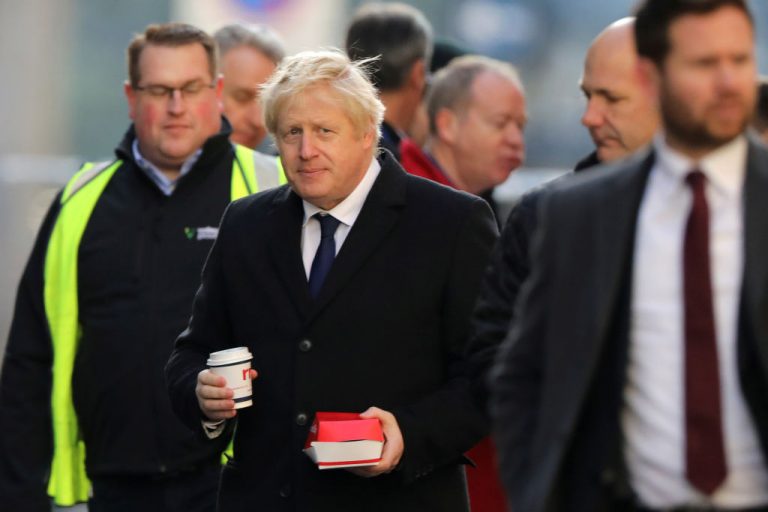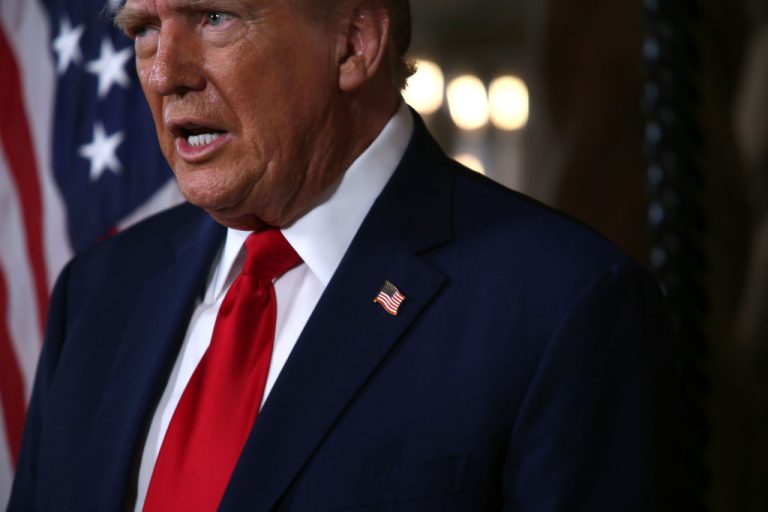The Boris Johnson’s administration plans to deploy a “government-backed rewards programme” to monitor spending and physical activity of citizens, allegedly to curb the UK’s obesity crisis in the name of combating COVID-19 illness and death, according to reports.
In a July 23 article by The Telegraph titled Families Could get Rewards for Healthy Living in New War on Obesity the article’s subhead sets the stage, “Lifestyle habits such as taking part in a regular run or walking to school daily could be linked to free treats in pilot scheme.”
“The scheme will monitor family supermarket spending, rewarding those who reduce their calorie intake and buy more fruit and vegetables. People increasing their exercise by taking part in organised events or walking to school will also accumulate extra ‘points’ in a new app.”
The outlet says the system is planned for a January of 2022 rollout, referencing a July 6 announcement of a £6 million pilot for the project that has asked fitness companies and national supermarkets to tender bids.
“Other proposals under discussion include the prescription of ‘Fitbits’ and other wearable devices to persuade people to take part in a national competitive step challenge,” adds the July 6 article.
The Singapore model
Success
You are now signed up for our newsletter
Success
Check your email to complete sign up
The Telegraph says Johnson has onboarded Keith Mills of London Olympic, Air Miles, and Nectar fame to lead what was described as a “national drive.”
In an interview with Financial Times, Mills said “The layers of the onion… stretch out to things that are obviously beyond a healthcare system’s direct control, including the obesogenic food environment that children and poorer communities are exposed to.”
He then linked the issue to the COVID-19 pandemic when he said “Countries where more than half the population are overweight have had 10 times more Covid deaths.”
Details on the specifics of the program were vague, however. The Telegraph said information on the actual implementation of the program was restricted to, “Tender documents being studied by dozens of companies, charities and other organisations who have been asked to bid to take part.”
The program, however, is described as being modeled after the National Steps Challenge implemented in Singapore. In a March article, The Telegraph said of the example, “To get the obvious question out of the way: yes, it worked in Singapore, sort of.”
“The government-backed and corporate-sponsored scheme, now gearing up for its sixth season, offers eVouchers and ‘lucky draw’ entries for logging upwards of 5,000 steps or 10 minutes of moderate-to-vigorous physical exercise a day, with more rewards opening up for more stalwart steppers.”
Researchers found 1.3 million Singaporeans, 26 percent of adults, used smartphones and tracking devices in the first four seasons of the Challenge to log their daily activity in the centrally planned system.
The experiment wasn’t without its share of problems, “Users on the Singapore subreddit, for instance, note that it’s possible to fool the trackers by shaking them, apparently leading to the bizarre spectacle of tables full of corporate employees vigorously waggling their trackers without actually walking anywhere,” said the article.
All about COVID
In a July 27 press release, the Johnson administration took its anti-obesity initiative one step further, relying on hysteria generated from the pandemic as a rationale for new federal oversight in a press release titled New Obesity Strategy Unveiled as Country Urged to Lose Weight to Beat Coronavirus (Covid-19) and Protect the NHS.
The government announced it would ban television advertisements for “food high in fat, sugar and salt” before 9:00 p.m., outlaw buy one get one free deal on unhealthy foods, require caloric intake to be displayed on menus at restaurants and fast food places, and a “New campaign to help people lose weight, get active and eat better after COVID-19 ‘wake-up call’.”
“The urgency of tackling the obesity time bomb has been brought to the fore by evidence of the link to an increased risk from COVID-19.”
The release continues, beating the drum of the establishment COVID narrative, “Living with excess weight puts people at greater risk of serious illness or death from COVID-19, with risk growing substantially as body mass index (BMI) increases. Nearly 8% of critically ill patients with COVID-19 in intensive care units have been morbidly obese, compared with 2.9% of the general population.”
Additionally, alcohol will also be labeled for its caloric intake and the National Health Service will receive funds to expand obesity and diabetes-related programs.
Health care, or social credit?
For some, the initiative may sound a little bit too much like the Chinese Communist Party’s social credit system cloaked in sheepskin.
In 2018, speaking at the Hudson Institute, former Vice President Mike Pence sounded the alarm on the CCP’s plans, “China’s rulers aim to implement an Orwellian system premised on controlling virtually every facet of human life – the so-called ‘social credit score.’ In the words of that program’s official blueprint, it will ‘allow the trustworthy to roam everywhere under heaven, while making it hard for the discredited to take a single step.’”
In a 2019 article by Forbes titled Chinese Social Credit Score: Utopian Big Data Bliss or Black Mirror on Steroids?, the outlet breaks down in a not-so-terse fashion what personal data the Party is mining to determine an individual’s social credit score, “In China, government agencies and private companies are collecting enormous amounts of data about e.g. an individual’s finances, social media activities, credit history, health records, online purchases, tax payments, legal matters, and people you associate with in, addition to images gathered from China’s 200 million surveillance cameras and facial recognition software.”
In a July 20 extensive, albeit unfortunately promotional, introduction to the CCP’s social credit system, by New Horizons, a firm that describes itself as “driv[ing] global expansion and strategic recruitment for companies establishing or extending their global operations,” author Drew Donnelly notes consequences for being flagged by the regime with a bad score will result in travel bans, education bans, employment restrictions, government persecution, and even public shaming.
Donnelly says some 23 million Chinese citizens are banned from using the country’s ground or air transit network as a result of social credit blacklists. He also says not only does a negative score result in trouble for the individual, but for anyone who risks association, “Engaging with companies that have a low social credit score (such as those that are ‘blacklisted’) can reduce one’s own social credit score.”
New Horizons says actions as personal and slight such as not visiting one’s parents frequently, jaywalking, walking a dog without a leash, cheating in internet video games, or smoking in non-smoking areas have all resulted in demerits applied to citizen’s social credit scores.
They also note that the ability to blacklist individuals or businesses does not come from the central Party authority in Zhongnanhai alone, but is a power distributed to the lower layers of CCP cronies throughout the nation, “Instead of having a single blacklist used by the federal government, there are currently hundreds of blacklists being controlled by various state agencies around China.”
“Every agency has their own jurisdiction in which they operate, giving these localized organizations the ability to blacklist individual citizens and companies that operate within their area of authority.”
The article mentions that the timeframe to be removed from a blacklist, once added by a Party official, is between two and five years.

















